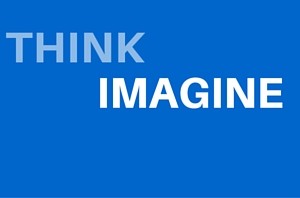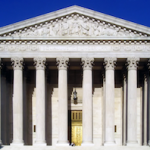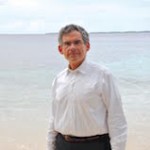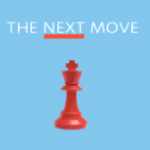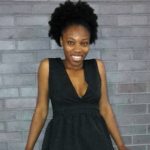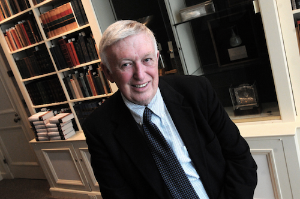 The Robert D.L. Gardiner Foundation has generously donated $3 million to the Columbia University Faculty of Arts and Sciences to establish the Robert Gardiner-Kenneth T. Jackson Professorship in the history department. The new chair will focus on teaching New York history. The total endowment will amount to $4 million in combination with a preexisting $1 million fund.
The Robert D.L. Gardiner Foundation has generously donated $3 million to the Columbia University Faculty of Arts and Sciences to establish the Robert Gardiner-Kenneth T. Jackson Professorship in the history department. The new chair will focus on teaching New York history. The total endowment will amount to $4 million in combination with a preexisting $1 million fund.
“This gift ensures that our mission—fostering the appreciation of New York
history—will continue to thrive at the university that calls New York home,” said Joseph R. Attonito, President of the Robert D.L. Gardiner Foundation. Established in 1987 by Robert David Lion Gardiner ’32CC, the Foundation primarily supports the study of New York State history with an emphasis on Suffolk County. The Foundation was inspired by Gardiner’s personal passion for history.
“We are extremely grateful to the Gardiner Foundation for having the vision to ensure the legacy of both its namesake, Robert David Lion Gardiner and beloved Columbia professor Kenneth T. Jackson, by endowing this chair,” said David Madigan, Executive Vice President and the Dean of the Faculty of Arts and Sciences. The Foundation’s investment ensures that Columbia will continue to be home to the finest scholarship and teaching on New York for decades to come.
Professor Jackson has served Columbia with distinction for nearly fifty years. He is currently the director of the Herbert H. Lehman Center for the Study of American History and the Jacques Barzun Professor of History and the Social Sciences. Jackson, the recipient of numerous fellowships and honorary degrees, has written notable books on American history including Crabgrass Frontier: The Suburbanization of the United States and the landmark Encyclopedia of New York City.
“Outstanding professors and teachers like Ken Jackson are one of the reasons I can say we are the greatest college in the greatest university in the greatest city in the world,” said James J. Valentini, Dean of Columbia College and Vice President for Undergraduate Education. “Ken is loved by current and former students for his creativity inside and outside the classroom, and for his enthusiasm about the material he studies and teaches.”
The most famous example of Professor Jackson’s creative teaching methods is taking his students out of the classroom and on a midnight bike ride from Manhattan to Brooklyn as part of his “History of New York” class. Along the way, he stops to explain how history was made at each spot. Decades of alumni consider the ride one of their most special Columbia memories.
“Having dedicated my entire professional life to the study of cities and, in particular, New York, it is a singular honor to have this chair established in my name, and to share it with Robert Gardiner, another proud New Yorker—and Columbian,” said Professor Jackson. “It is a real source of pride to know that Columbia will maintain its storied tradition of teaching and studying about the great city and state that we call home.”
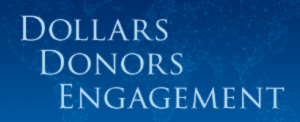 The start of a new year is also the kickoff of a critical phase of campaign planning: school and unit goal-setting. Earlier this month, Amelia J. Alverson met with chief development officers (CDOs) to launch the process.
The start of a new year is also the kickoff of a critical phase of campaign planning: school and unit goal-setting. Earlier this month, Amelia J. Alverson met with chief development officers (CDOs) to launch the process.

